The Osun State gubernatorial election which was described as free and fair by many has continued to elicit reactions from Nigerians since the election result was announced by the Independent National Electoral Commission (INEC) on Sunday, July 10, 2022.
Although, there were 15 political parties involved, the election had as its main actors, the incumbent governor of the State, Gboyega Oyetola of the All Progressives Congress (APC) and Senator Ademola Nurudeen Adeleke of the main opposition People’s Democratic Party (PDP).
Join our WhatsApp ChannelOne thing observers did not fail to notice during the election, is the subsisting bond between the governor-elect, Senator Ademola Adeleke and members of his extended family. Analysts agree that, the support from his elder brother, Dr. Adedeji Adeleke and his nephew, singer David Adeleke (Davido) is not only remarkable, it contributed to his popularity and eventual victory.
Over the years, this family has constantly demonstrated the truth behind the saying ‘a family that stays together, wins together.’ Apart from Senator Adeleke’s proclivity for dancing in public places which attracted many admirers to him and has earned him the title of a ‘Dancing Senator’, Davido was able to galvanize support for him by single-handedly funding concerts and rallies in his support. These rallies became a rallying point for the youths in the State.
We believe that the story of the Adeleke’s is a lesson on African family values, giving the level of enmity witnessed among family members in Nigeria today, to the extent that life and livelihoods are lost, ambitions affected and corporations liquidated. Many families in Nigeria have gone from hero to point zero because of irreconcilable differences among children of the same parentage.
Prior to this election, there were governorship elections in Anambra and Ekiti States, which incidentally were won by the candidates of the ruling party in the State. These elections did not generate as much interest as the Osun election. Granted, the Anambra election held amidst speculations on safety of participants due to the activities of unknown gunmen (UGM) targeted at political institutions and politically exposed persons in the South-East. Expectedly, the Anambra governorship election recorded a turnout of about 10% of the registered voters.
The relatively much more impressive voter turnout in Osun may not be unconnected with the 2023 presidential election and the fact that, Osun State is one of the strongholds of the ruling political party- the APC. Also, unconfirmed but yet to be refuted reports, trace the APC leader and flagbearer for the 2023 presidential election, Asiwaju Bola Ahmed Tinubu’s ancestry to Irepeji, a town in Osun State. As APC’s flagbearer for the 2023 presidential election and one that lays claims to his political domination of the South-West geopolitical zone, Osun was a litmus test for him.
Moreover, his statement at the APC rally in the State, that, members of the ‘Labour Party (LP) would labour till death’, was taken seriously and criticized by citizens, many of whom were dissatisfied with the country’s economic situation, as well as those that view the Labour Party’s candidate, Peter Obi, as a revolutionary with the propensity to upstage the two dominant political parties in the 2023 presidential election.
The candidate of the PDP, was declared winner of the governorship election in Osun State. He polled 403, 371 votes to defeat the APC candidate who polled 375,027. The PDP, apart from winning the majority vote, won in 17 of the 30 local government areas in Osun, while, the APC was left with 13.
Although the process was characterized by inducements and vote buying, it was, unlike previous elections in the state, free of violence.
Prime Business Africa believes that the victory of the opposition PDP is not only a victory for the people of Osun State, but also, a confirmation of Sen. Adeleke’s success in the September 22, 2018 gubernatorial election, though he eventually lost on technical grounds. In the 2018 episode, PDP had polled 254,698, against APC’s 254,354 votes.
However, the INEC declared the election inconclusive on the grounds that the 356 vote difference between the winner and the runner up was less than the 3,498 registered voters in seven polling units whose results were cancelled due to some irregularities. The affected areas were Orolu, Ife South, Ife North, and Osogbo Local Government Areas.
Section 153 of the Electoral Act 2010 (as Amended) provides that INEC may, subject to the provisions of the Electoral Act, “issue regulations, guidelines or manuals for the purpose of giving effect to the visions of this Act and for its administration thereof.” In view of this, the Commission made guidelines to protect the interest of voters in situations where citizens were disenfranchised or voting disrupted to give undue advantage to any of the political parties. It provides that “if a candidate’s margin of lead is lower than the number of voters in units where elections were cancelled, then there is no clear winner and therefore a rerun shall be conducted for the two leading candidates.”
Notwithstanding the provisions in the Electoral Act, and the fact that Osun wasn’t INEC’s first experiment with declaration of an election inconclusive, many Nigerians believed that INEC inadvertently provided the opportunity for the manipulation of the election in favour of the APC candidate. The feeling was that if the seven polling units were not cancelled, the PDP candidate would have won them. But, the supplementary election allowed for the electoral malpractices that eventually led to the surprise victory of the APC.
Since the 2010 amendment of the Electoral Law, elections in Imo, Anambra, Bayelsa, Taraba, Kogi, Benue, Plateau, Adamawa, Bauchi and Sokoto, Osun, Kano State and others have been declared inconclusive and supplementary election organized. One common denominator in all these rerun elections is that the outcomes were all trailed by controversies.
Nevertheless, it is our hope that the new Electoral Act 2022 has taken care of some of the defects in the electoral laws. One aspect of the new electoral law, which we think is commendable, is the provision for electronic transmission of votes from the polling unit.
The implication of this provision, is not only that INEC does not have the right to annul a result that was signed at the polling unit and uploaded to the Commission’s server by the presiding officer, but, that the server is open to public scrutiny. In other words, the extent of transparency the new law grants, means that parties can track their votes and perhaps, may know their fate even before the final verdict by INEC.
One factor that has consistently discouraged voting in election, especially in the southern part of Nigeria, is the feeling that votes don’t count. Violence, vote buying and other malpractices that characterize Nigeria’s election make citizens feel that election results are either sold to the highest bidder or manipulated in favour of the party in power. The effectiveness of the electronic transmission system in curtailing electoral fraud, as evidenced in the recent Ekiti and Osun elections will enhance the confidence of Nigerians in the electoral system and people would be more convinced to vote now, knowing that their votes will count.
On this score, we praise President Muhammad Buhari for mustering the courage to give assent to the electoral Act in spite of the pressures not to do so. For a leader regarded for his perceived nepotism, poor handling of the economy and inability to solve the escalating Boko Haram, Fulani herdsmen terrorism, banditry and other security challenges troubling the country, many did not expect much from him.
However, Buhari, has this time, demonstrated that he could rise to the occasion, as a true leader would, in support of the collective aspirations of citizens. Signing an electoral law that protects the sanctity of elections will be a lasting legacy for the Nigerian President.

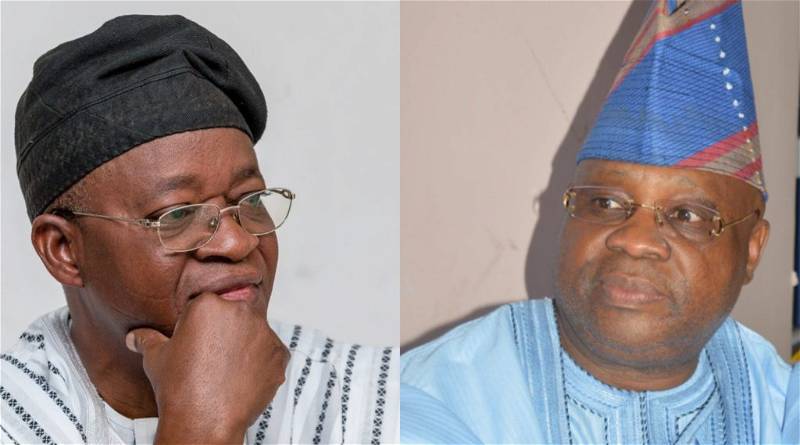





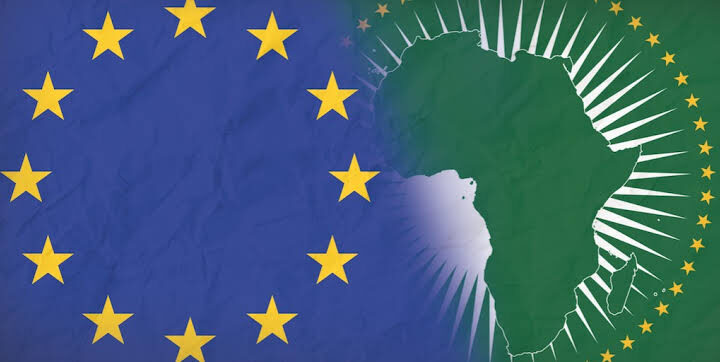








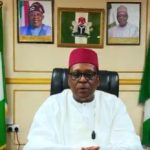
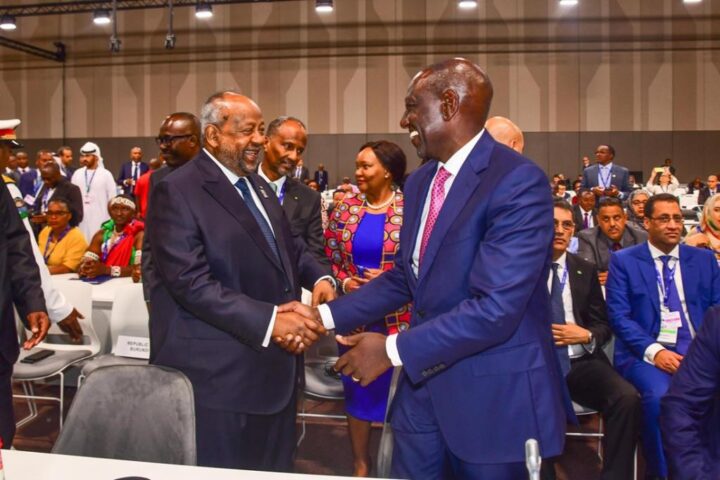
![Gender Activism An Economic Necessity In Africa [PBA Editorial]](https://www.primebusiness.africa/wp-content/uploads/2023/11/vaw-720x480.png)
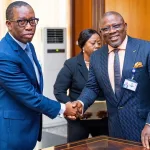
Follow Us